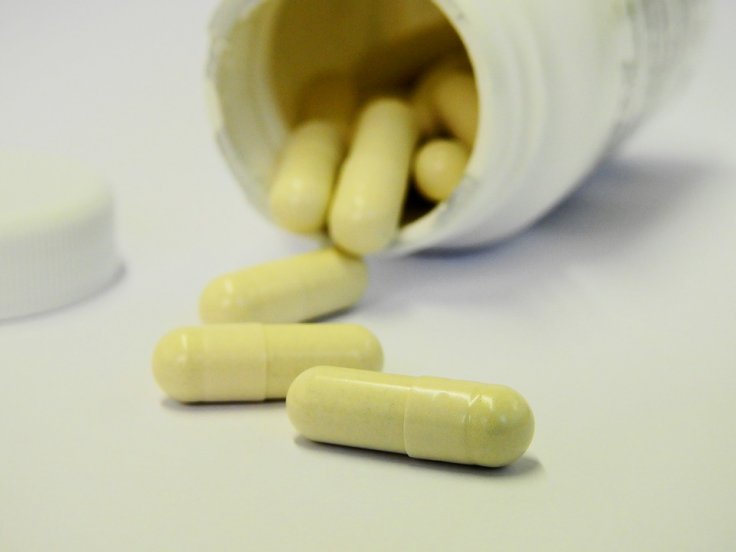
People can die due to shortage of medicines as a result of a no-deal Brexit, England's Chief Medical Officer Professor Dame Sally Davies said.
According to the top medical official, there will be a shortage of medical supplies because of import problems following Britain's exit from the European Union without a divorce deal.
"The health service and everyone has worked very hard to prepare, but we cannot guarantee there will not be shortages not only in medicines but technology and gadgets and things," she stated.
"And there may be deaths, we cannot guarantee there won't," she continued, adding that British lives were at "risk".
The official's statement comes as the clock ticks on the October 31 deadline for Brexit and hopes of a deal were "extremely unlikely".
The National Health Service has repeatedly warned of a crisis in both staffing and access to medicines in case Britain leaves the EU without a negotiation.
Noting the chaos in case of a no-deal divorce could last up to six months, a leaked government document outlining the impact of no-deal Brexit suggested that the supply chains for medicines and products were "particularly vulnerable" to disruption at the Channel ports as medicines with a short shelf-life such as insulin and cancer treatment drugs could not be stockpiled.
According to industry figures, Britain imports about 37 million medicine packs every month from the EU, and three-quarters of medicines come through the main Channel crossings into Dover and Folkestone.
Some of the vaccines at risk include those to combat flu as the UK is about to head into "flu season" ahead of winter.
The discredited boast by Brexiteers that Brexit would save the NHS £350 million a week was one of the main reasons people voted to exit the bloc, but more than 62,000 NHS staff (5.6 per cent) in England were, in reality, EU nationals.
There are also concerns, reported the METRO UK, over both recruiting and retaining staff once freedom of movement ends as the NHS is already short of over 100,000 personnel including 43,000 nurses.
A government report published this week, however, suggested the UK would "continue to play a world-leading role in health security, patient safety, and medical advance after Brexit".
The report said that plans were in place for a chaotic departure, including a dedicated support unit for suppliers of medical goods and products, with the aim of helping to ensure that companies had necessary customs paperwork in place for border arrangements ahead of a no-deal scenario.









